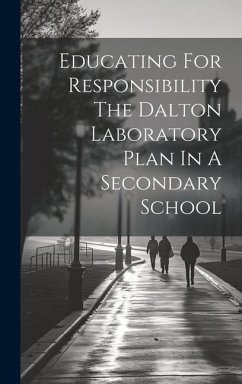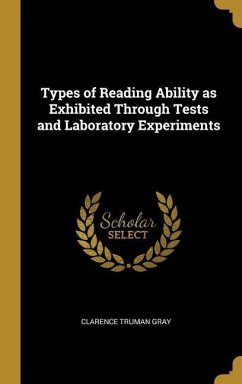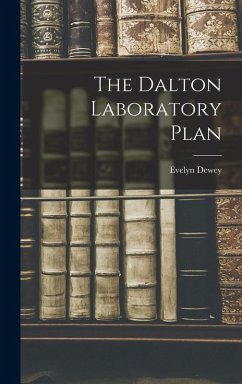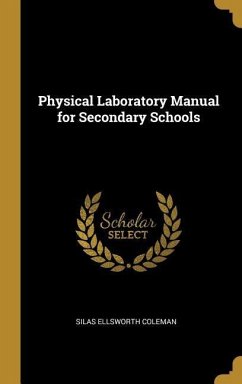
From the Laboratory to the Classroom
Translating Science of Learning for Teachers
Herausgeber: Horvath, Jared; Hattie, John; Lodge, Jason
Versandkostenfrei!
Versandfertig in 1-2 Wochen
226,99 €
inkl. MwSt.
Weitere Ausgaben:

PAYBACK Punkte
113 °P sammeln!
Over recent years the field of educational neuroscience has increased dramatically. Unfortunately, despite claims that this work is impacting education, very little makes it into teacher practice. Although the reasons for this are varied, a primary one concerns the lack of a proper translation framework. From the Laboratory to the Classroom gathers an international team of experts and is the first book to present a coherent framework for the vital translation of laboratory research for educational practice. This field shifting work will apply this framework to a number of different educational...
Over recent years the field of educational neuroscience has increased dramatically. Unfortunately, despite claims that this work is impacting education, very little makes it into teacher practice. Although the reasons for this are varied, a primary one concerns the lack of a proper translation framework. From the Laboratory to the Classroom gathers an international team of experts and is the first book to present a coherent framework for the vital translation of laboratory research for educational practice. This field shifting work will apply this framework to a number of different educational domains and suggest concrete ways to apply current scientific findings to everyday practice.














